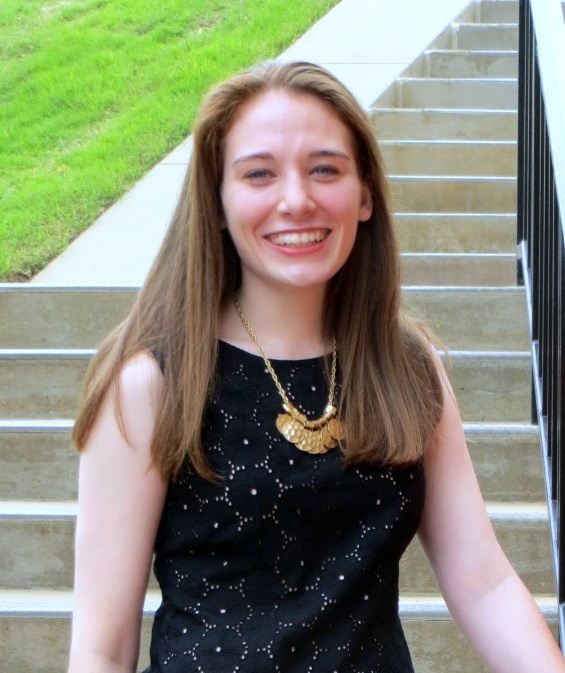About THELEECOUNTYSTORY.COM
A Word From the Creator
Martha Grace Lowry Mize
This thesis is dedicated to the people of Lee County, Virginia.
Lee County, Virginia is a small, quiet area with a rich history and heritage that unsuspecting visitors rarely experience beyond the occasional highway sign. The need for a space that could connect, share, and educate the community, visitors, and academics about Lee County, one that is based on community-identified values and heritage, resulted in the creation of this thesis. The county, which currently has less than 25,000 residents, was present when Daniel Boone led settlers west, contained Union and Confederates forces alike, saw the rise and fall of coal mining, and was home to pre-historic aboriginal populations’ trade routes prior to the arrival of groups like the Cherokee and the Shawnee. The history of this geographic region, however, is only a part of what defines Lee County. The heritage, values, and culture of the community, in addition to its historical context, are important to understanding the culture of the county.
This thesis presents the results of an attempt to create a digital space to preserve the heritage of Lee County, Virginia through community input of stories, values, and beliefs, and is loosely based on the concept of an eco-museum as described by Corsane, Davis, and Murtas (2009: 52). Traditional museums are composed of the buildings, heritage, collections, expert staff, and public visitors which are usually found in areas with large population densities and can be cut off from presenting current local distinctiveness (Corsane 2009:52). An ecomuseum is defined as a “dynamic way in which communities preserve, interpret, and manage their heritage for sustainable development…based on a community agreement” (Corsane 2009:52). Rural areas, however, are less capable of supporting a traditional brick-and-mortar building museum run by large staff, but are the perfect setting for an ecomuseum. Ecomuseums differ from traditional museums in that the primary goals, support, staff, and resources consumed by an ecomuseum are fulfilled not by academics, but by community residents. To create a contemporary ecomuseum in a rural setting can be achieved by utilizing technology. An online digital space created by working with key participants in the community removes the resource barriers of a traditional museum, while still providing a place for heritage preservation.
The creation of www.theleecountystory.com utilizes community input gathered during field research and combines these community-identified needs with archived historical documents, local organizations, and archaeological research completed in Lee County to provide a solid base for a flexible digital museum. In order to create such a space a detailed historic context of the county was necessary. An analysis of the heritage of the region was also essential using ethnographic and field research completed in May and June of 2015. The creation of www.theleecountystory.com is meant to highlight the importance of combining community needs and voices with academic work that engages and incorporates the communities and spaces in which research occurs.
© 2017
Martha Grace Lowry Mize
ALL RIGHTS RESERVED

Grant and research funding provided by:
Council of Virginia Archaeologists
The University of Mississippi’s Sally McDonnell Barksdale Honors College Exploratory Research Fund